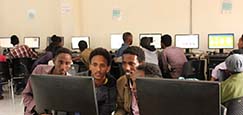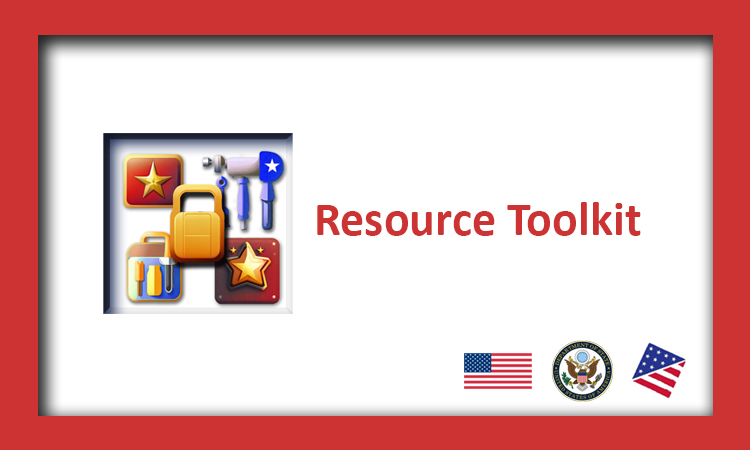INTELLECTUAL PROPERTY
PROGRAM TOOLKIT FOR AMERICAN SPACES
This program toolkit is designed for programming at American Spaces to create a greater awareness of issues surrounding intellectual property rights.

HOW CAN AMERICAN SPACES SUPPORT INTELLECTUAL PROPERTY (IP) RIGHTS?
First and foremost, American Spaces should model respect for IP. Here’s how:
- Ensure that all images used at Spaces and on social media comply with usage rights. Here’s a presentation on public domain photos.
- Only screen films for which the Office of American Spaces has secured rights. These include Kanopy films and those covered through the Motion Picture Licensing Corporation agreement
- Make sure visitors don’t access or download videos and software without obtaining the appropriate permissions.
Secondly, celebrate World IP Day on April 26 by conducting awareness raising programs. Visit the World Intellectual Property Organization for information on creating your own campaign, resources, and a social-media kit.
RESOURCES
WHAT IS INTELLECTUAL PROPERTY?
Intellectual property (IP) is fundamental to entrepreneurship in the United States and around the world. According to the World Intellectual Property Forum, IP includes “creations of the mind, such as inventions; literary and artistic works; designs; and symbols, names and images used in commerce.” IP is divided into three categories: patents for inventions, copyrights for literary and artistic creations, and trademarks for logos and brand items. IP protections ensure that bad actors can’t steal inventions, designs, trade secrets, and software and allow entrepreneurs, inventors, and artists to earn recognition or benefit financially from their works and ideas.
The United States has one of the world’s most robust IP protection systems. Promoting “the progress of science and useful arts” by giving “authors and inventors the exclusive right to their respective writings and discoveries” is written into the U.S. Constitution and an important part of our history.

The views expressed in these links and resources do not necessarily reflect those of the U.S. government.
Updated April 2023









